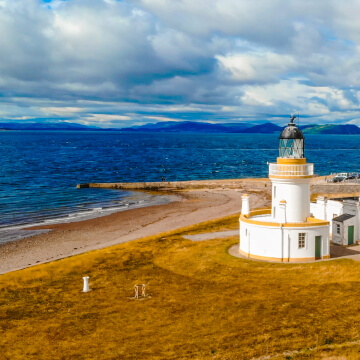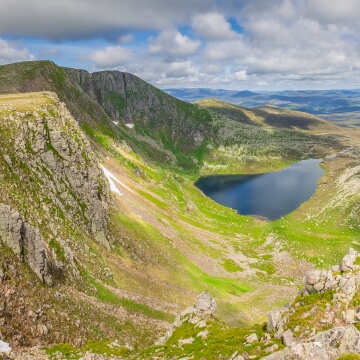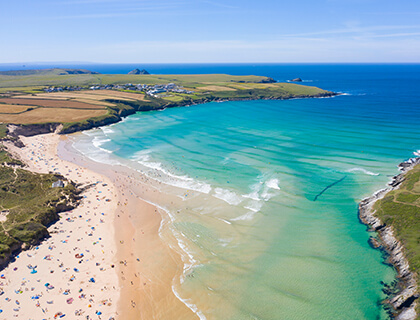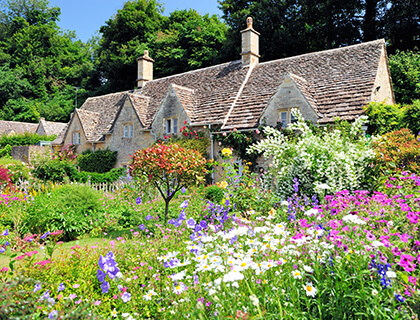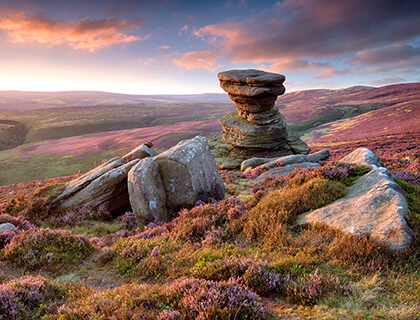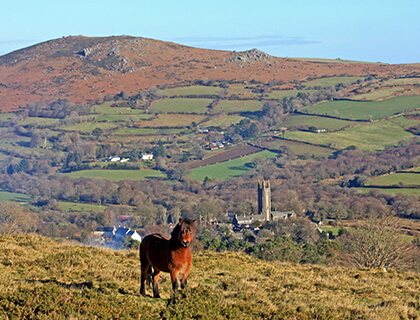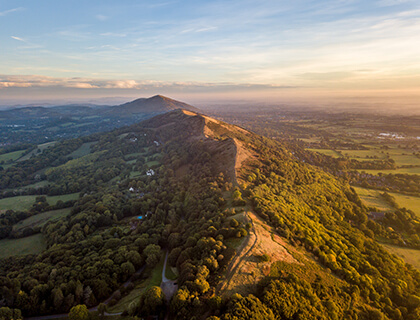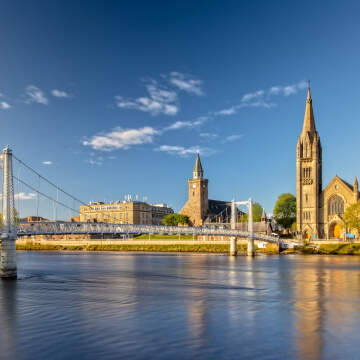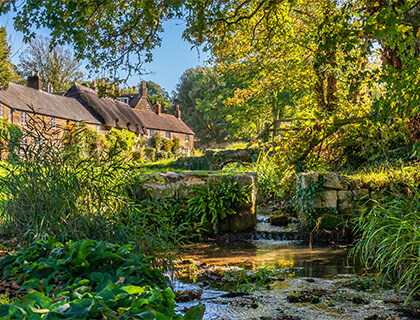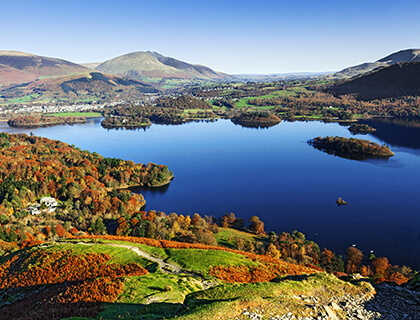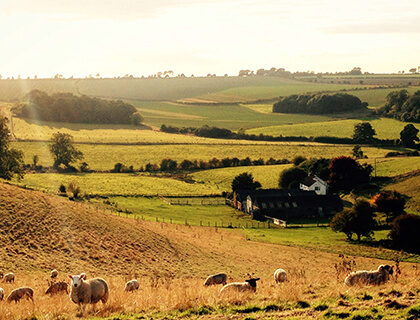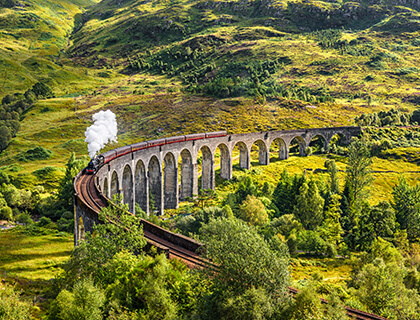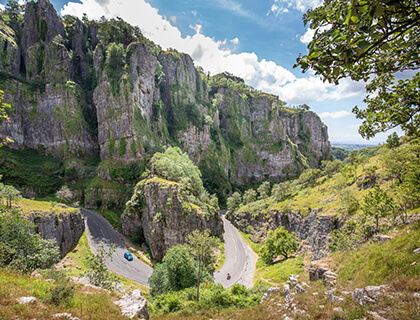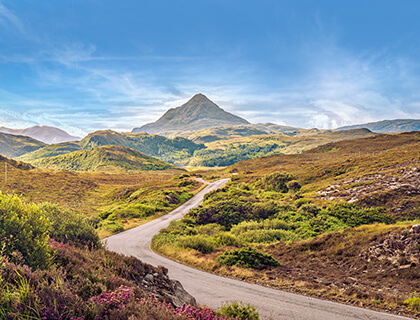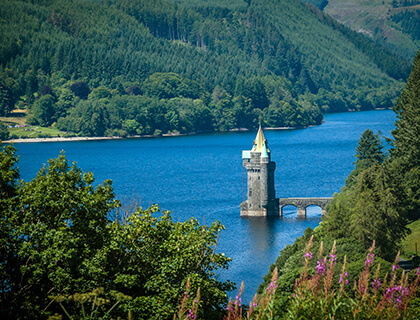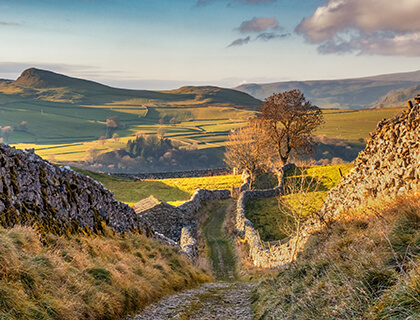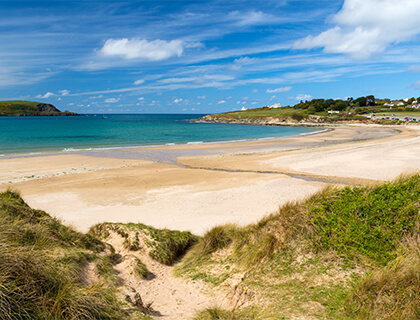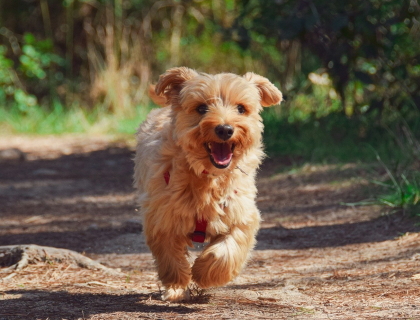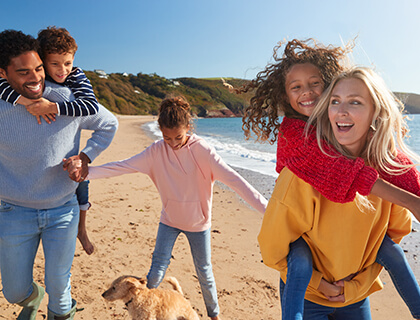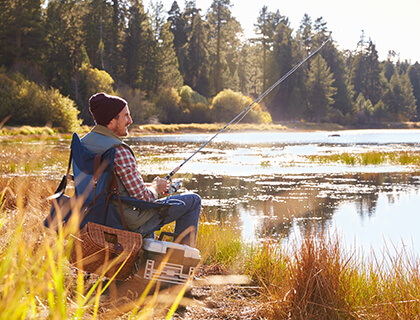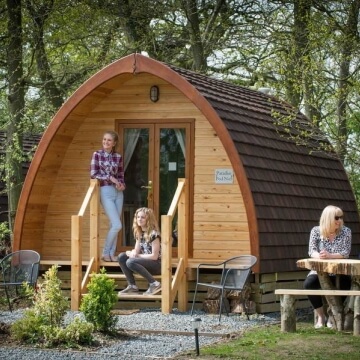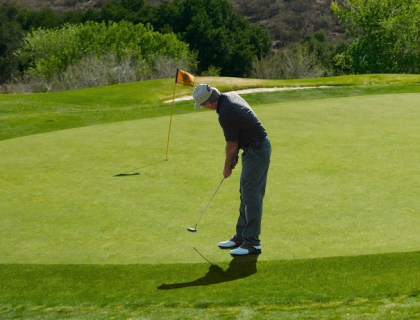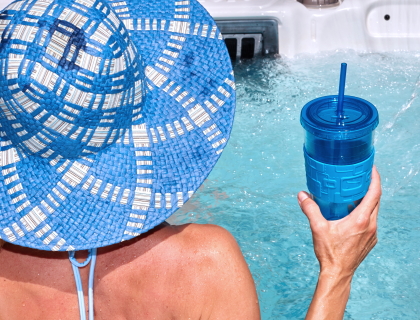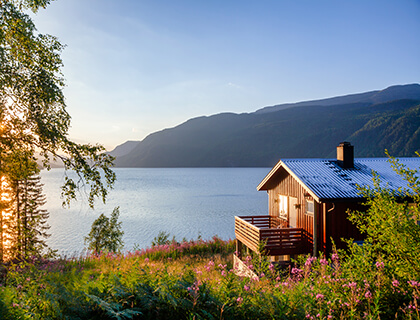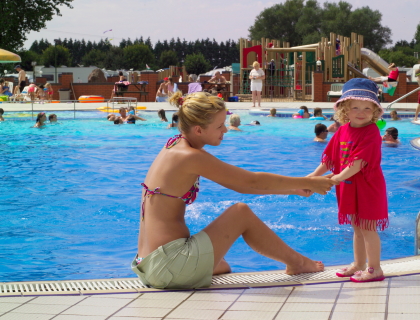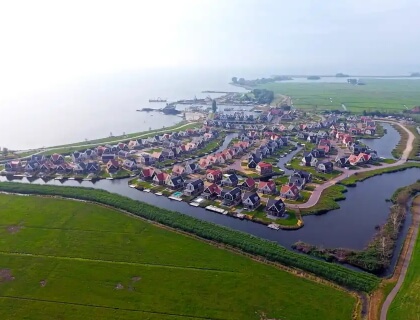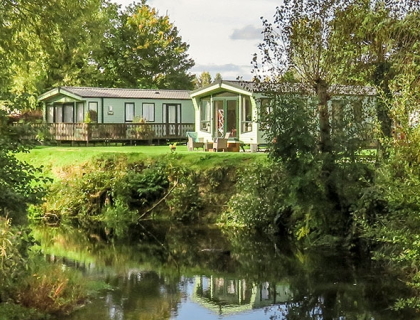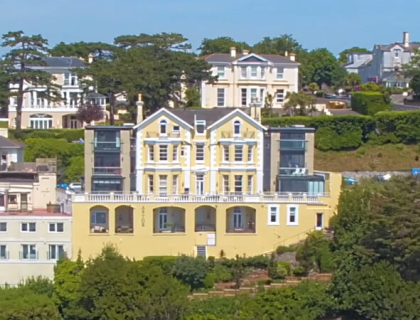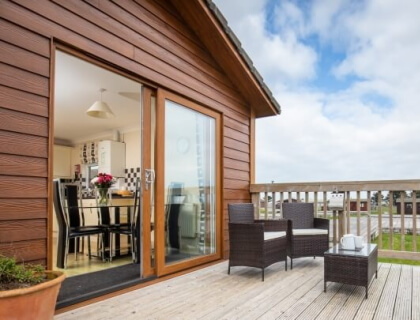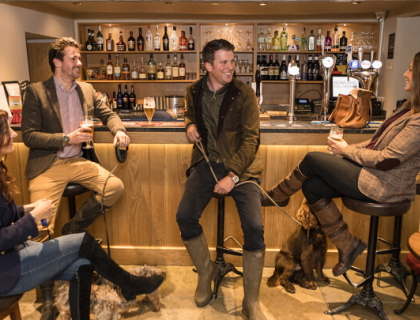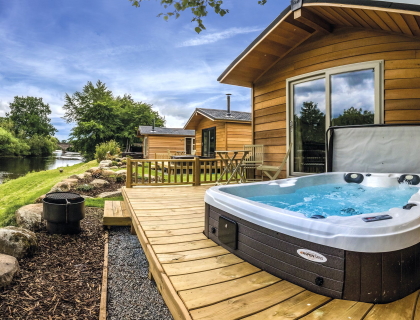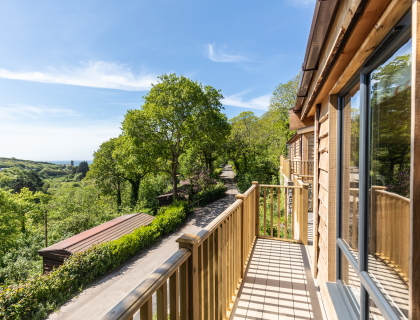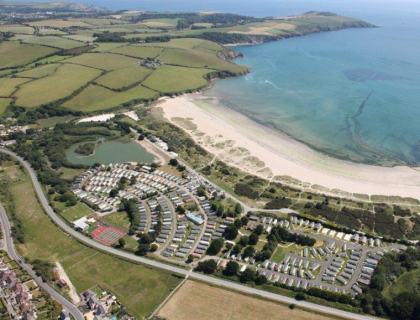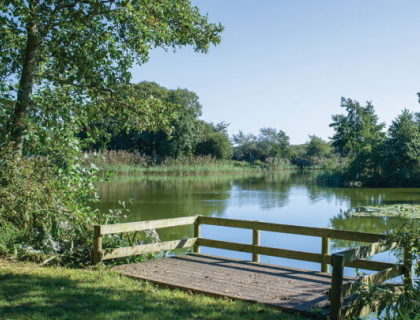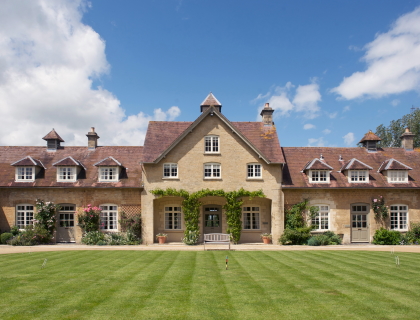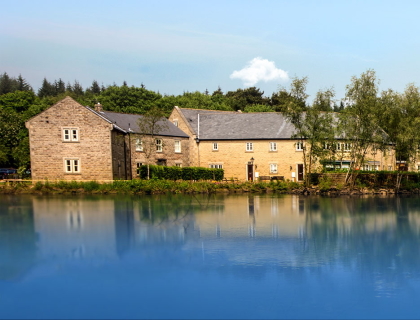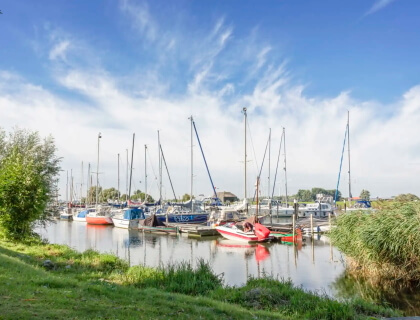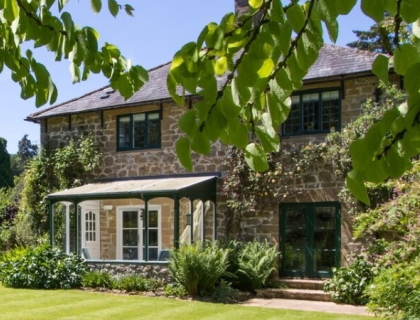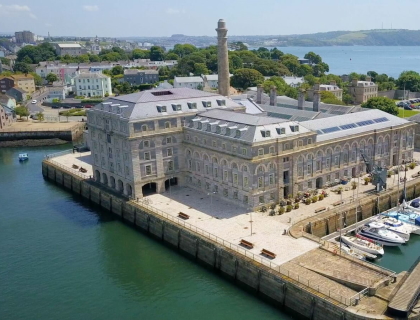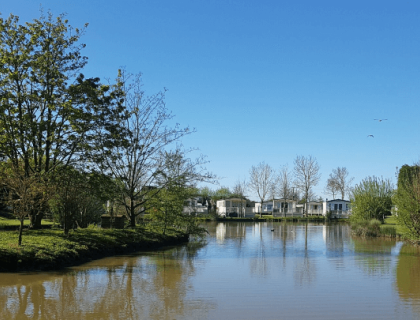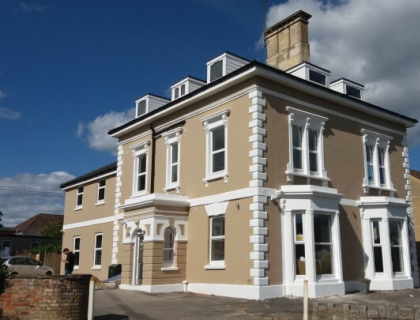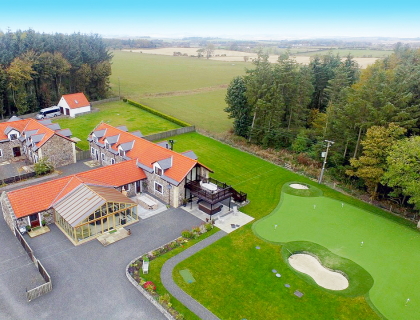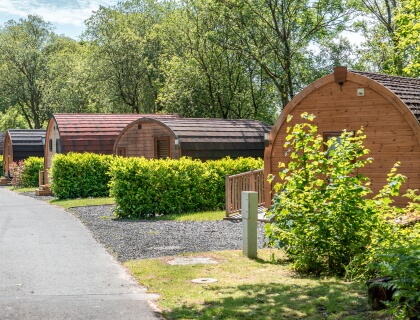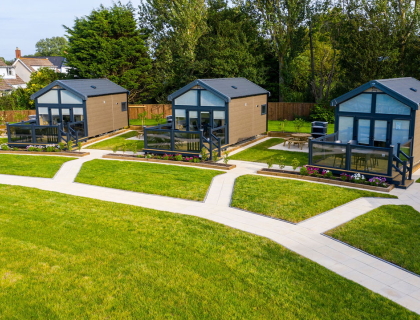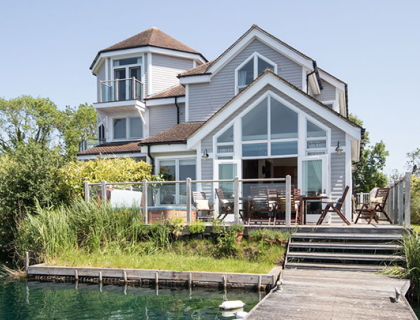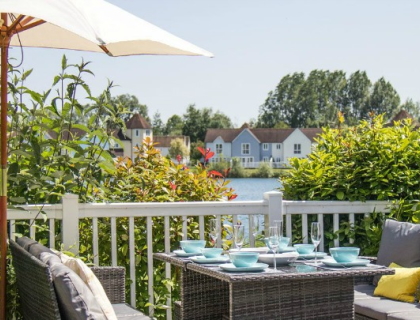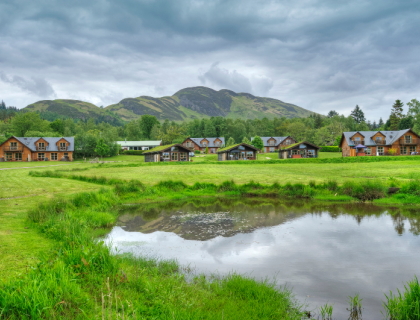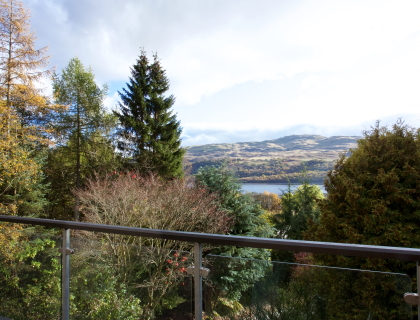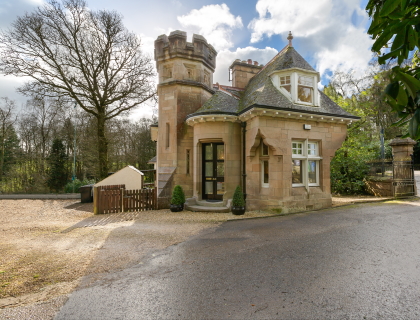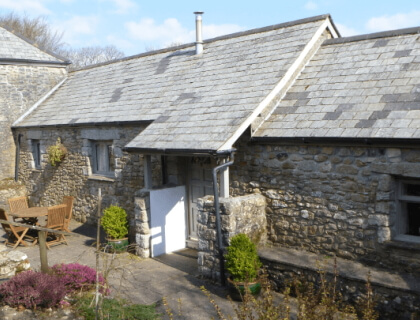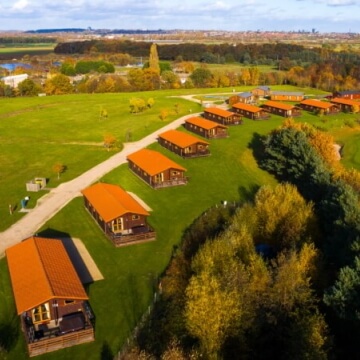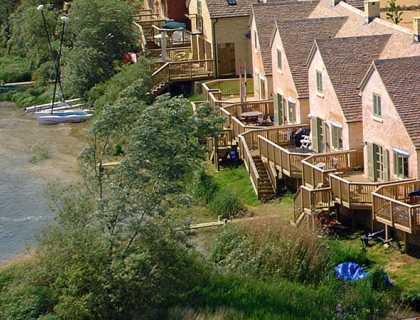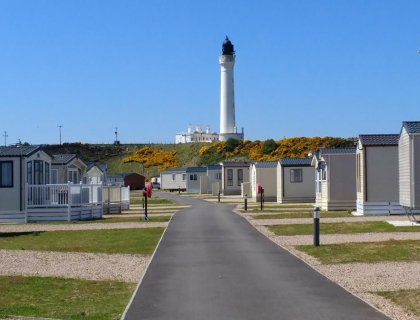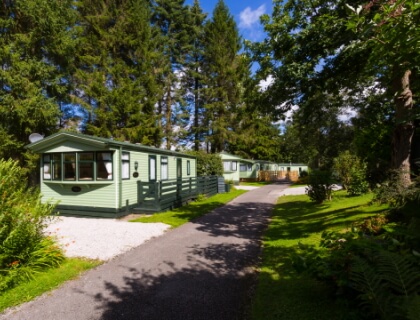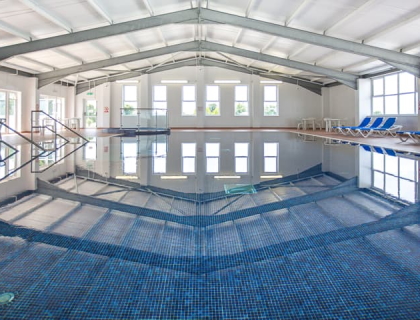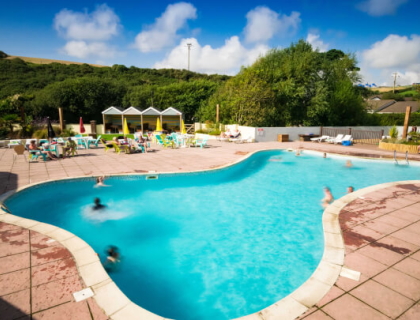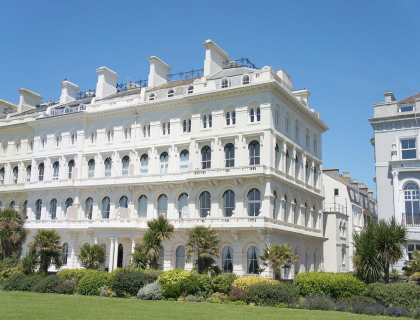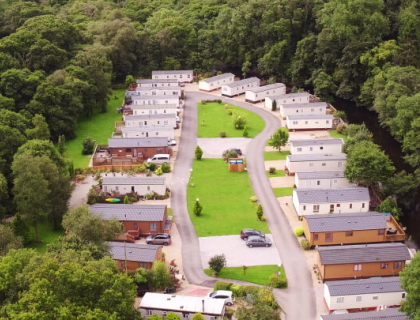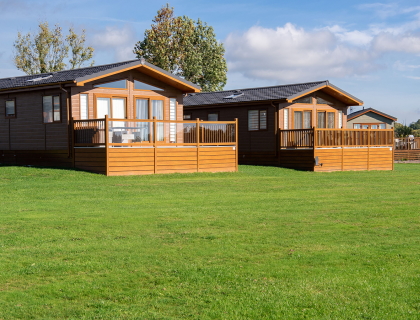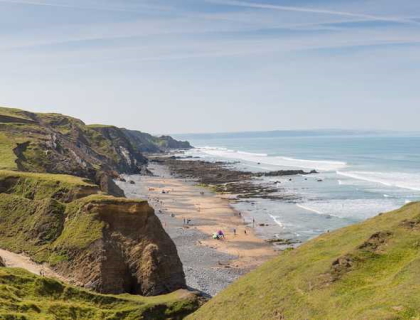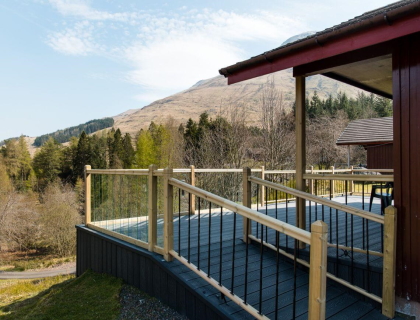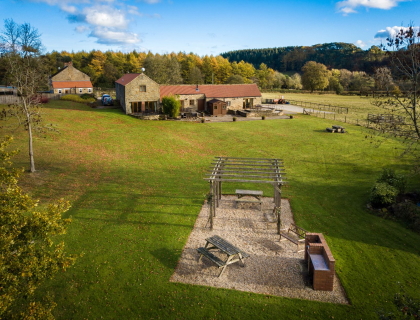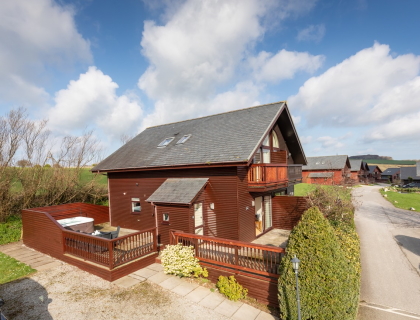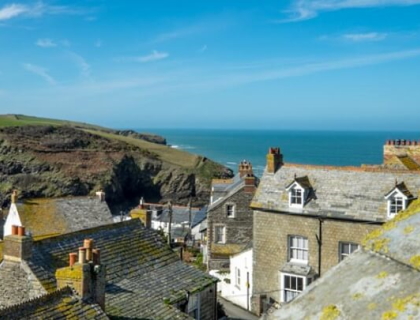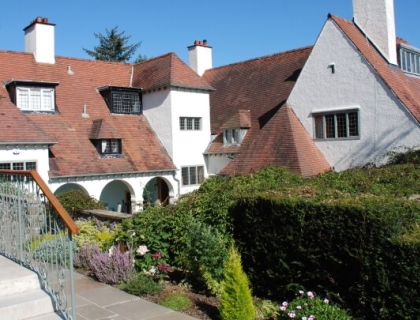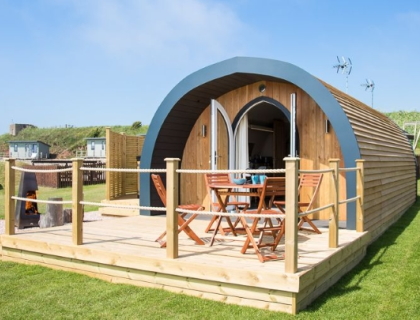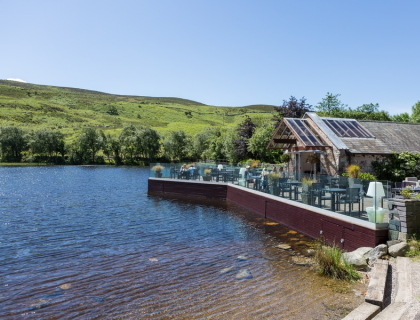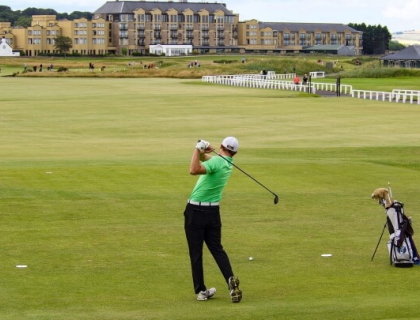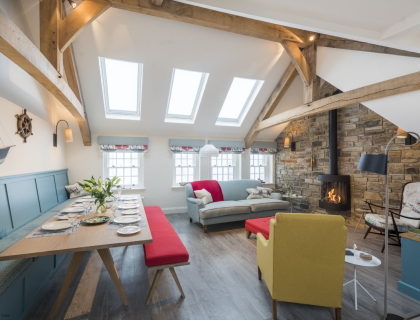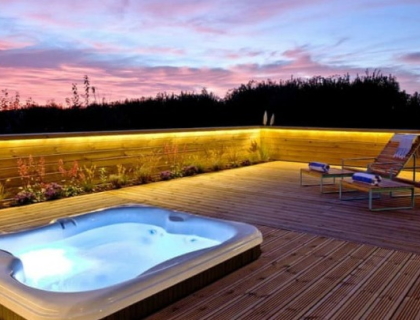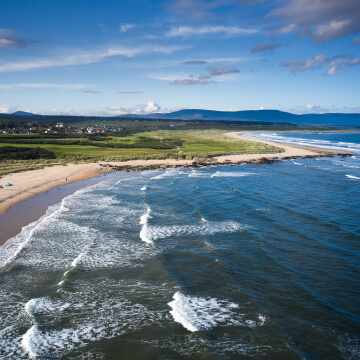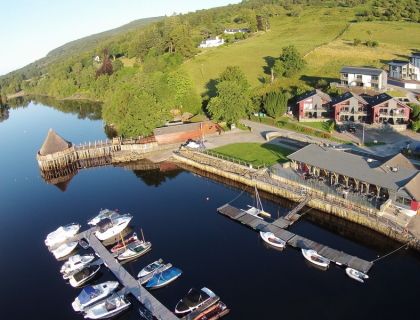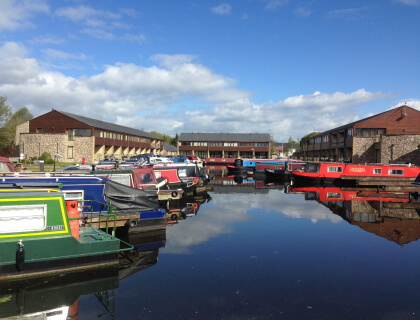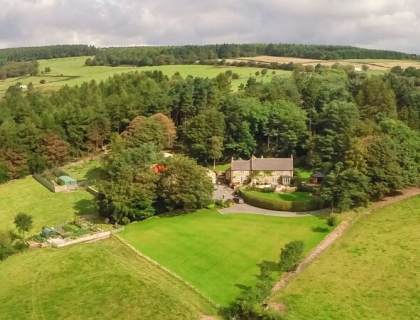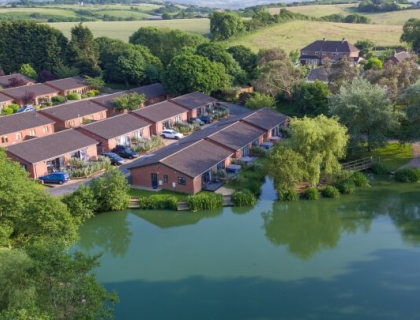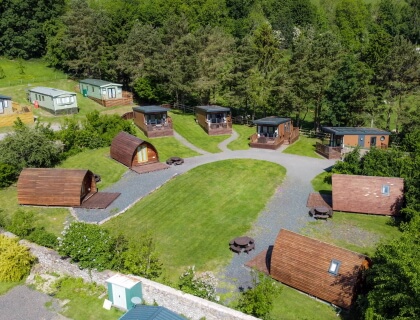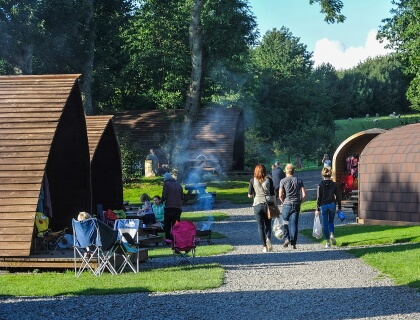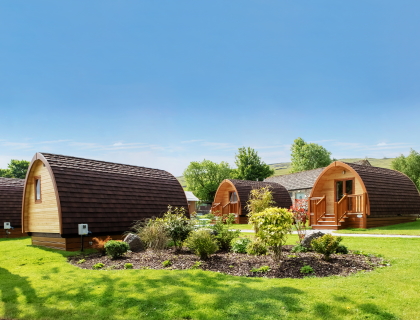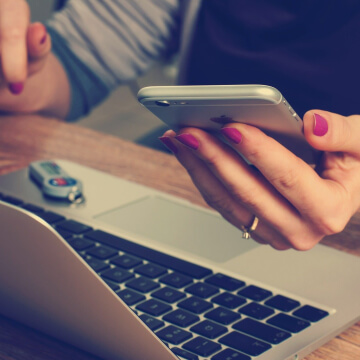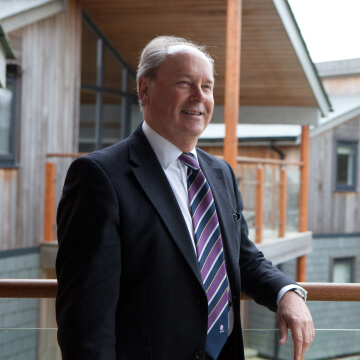The UK’s holiday parks, campsites and holiday homes are getting ready to reopen on 4th July 2020, allowing us all a much-needed break. How and when can we be sure it’s safe to travel, though? 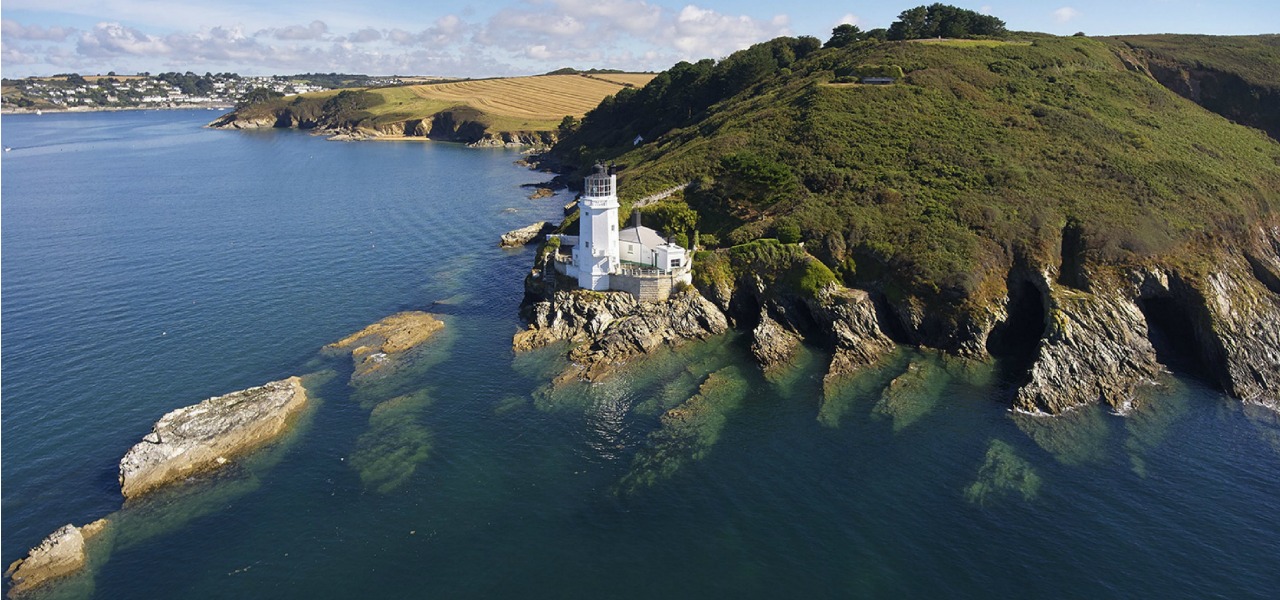
When we rang in the new year of 2020, many of us had amazing holiday plans we were looking forward to in the months that followed. Then Covid-19 happened, and we found ourselves caught in a pandemic - an international emergency resulting in lockdowns across the globe and a halt to non-essential travel.
Now, as we come up to the midway point of the year and slowly start to emerge from the lockdown, we’re all cautiously wondering when and where our next break will be and how we can have a low-risk holiday in 2020.
Holiday Bookings and Insurance
For those who had a foreign holiday booked and either had to postpone it or lose out, there’s still that nagging feeling of concern over parting with any more money or going to another country until the pandemic is completely over – just in case.
Since most holiday insurance policies had a ‘force majeure’ clause that didn’t cover epidemics or pandemics, some holidaymakers have been sadly left without a holiday or any refund. Michelle Smith from London told me, ‘I won't leave the country until flights have been up and running for months, I want to make an educated decision with regards to safety. I would definitely go somewhere in the UK though if it was safe to travel on public transport.’
Safety is the first thing on everyone’s mind, of course. We want to get away but we need to be sure we’re all safe. Meanwhile, some businesses have closed their doors for the last time.
Overseas Holidays
According to BBC Business News, Michael O'Leary, chief executive of the budget airline Ryanair, told BBC Breakfast on 1st May that the company had 25 million refund claims for cancelled flights between March and April. Philippa Willes from Surrey said, ‘I have taken a chance and rebooked my cancelled trip to Rotterdam for a city break to Berlin in December. Flights with BA were cashed in for one of their holidays, which was still so cheap, I won't be too upset if I lose the lot. I'd rather the holiday company kept the money for now and are still able to operate in a few months’ time.’
UK Travel Industry and Economy
The British economy has been hit hard by the pandemic and the travel industry has suffered greatly. Our hospitality businesses – our great British pubs, restaurants, hotels and holiday parks have all been forced to close and many will be unable to afford to reopen.
As a nation of holidaymakers, we may temporarily swap our usual exotic foreign beaches for more remote British sands and trade our overseas city breaks for UK countryside walks.
Is Domestic Travel the Future?
It seems that for many of us domestic travel or a holiday in the UK is likely to be our next booking. Michele Rich of Bristol said, ‘I definitely won't chance going abroad till this is well and truly over. I wouldn't want to get stranded overseas like others have if we get another wave!’
Holiday parks and resorts will be reopened but communal areas including swimming pools, children's playgrounds and restaurants will remain closed. Holiday choices for 2020 are most likely to be self-contained holiday properties. Ideally, these would be near large expanses of space with low population, particularly near the coast and countryside, in and around Areas of Outstanding Natural Beauty and large national parks. Both the Cairngorms in Scotland, the UK’s largest national park of over 4,000 square km and the Lake District in Cumbria in the north-west of England are currently closed at the time of writing but expected to reopen in July 2020. Loz Archer of Surrey said, ‘I can’t wait for small 'indie' campsites to open up, ie farmers field places. I’d think cottages should be fairly safe too, you can’t get much more socially distanced than your own place in the middle of nowhere. I’ll definitely stay in the UK or Ireland if I can.’
For holidaymakers looking for a place to pitch a tent without communal areas, Certificated Locations (CLs) are privately owned sites across the UK that offer a wide variety of holiday locations with some security, often without shared facilities, many in picturesque rural settings. Jane Armstrong from Berkshire said, ‘I want to go and set the tent up on a quiet campsite with electric hook-up so we can use our fridges and take food for the week. Thinking of investing in a toilet tent too. We can wash in the tent if needs be, rather than using the communal facilities. We wouldn't have to go out and about - it would just be nice to enjoy the rest and fresh air. Even if it rains, we enjoy camping.’
How can we be sure holiday homes are safe when they reopen before the pandemic is over?
New Standards in Cleanliness
Cleanliness has always been of the utmost importance in the holiday industry and many holiday properties and parks are now seen to be following new standards in deep-cleaning, with some even promising hospital-style swab tests between guests.
At the start of the pandemic, when all holiday resorts were closed, the luxury 5-star Landal Gwel an Mor holiday lodges resort in Cornwall offered NHS staff free accommodation. As they get ready to reopen to holidaymakers, they are now employing trained and qualified operatives in sanitation methods for specialist cleaning. The lodges are sanitised using a misting/fogging technique developed for hospital operating theatres using an atomised sanitation product that kills 99.9% of all bacteria and viruses. Their website goes on to state, ‘Sanitisation to this standard will be completed between every guest departing and prior to all new arrivals. All pillows, quilts, mattresses and cushions are also sanitised using the same technique.’ This luxury resort is setting a new high standard in cleanliness that could soon be followed by many more holiday parks and resorts.
How to Have a Safer Holiday in 2020
There are several ways you can make your holiday safer this year. Choosing a self-contained holiday home such as a holiday cottage, caravan, glamping pod, camper van or motorhome may be the safer choice for holidaymakers over hotels, hostels and campsites with communal facilities.
If you're booking a holiday cottage, caravan or lodge then you may want to consider bringing your own pillows. If you’re staying in a camper van without a toilet or shower, the Motorhome Club and the Caravan and Camping Club have 300+ sites between them that offer the guarantee of a uniform approach if you want to use their facilities. Booking a self-catering holiday means you can take ingredients and make all your own food for the duration of your break. Taking bicycles (or electric bikes) with you to help you travel to local beauty spots rather than taking public transport is another way to feel more self-sufficient. Also, of course, remember to bring hand-sanitiser to ensure your hands are clean and avoid touching your face.
It is worth noting that there is at least one positive change to have come out of this pandemic and that’s the environmental impact.
Environmental Impact of Travel
The worldwide halt to non-essential travel has positively affected the environment. The clear waters of Venice, the wild animals wandering empty city streets and the smog-free skies with improved air quality all remind us of the price we have paid for travel, particularly air travel.
The huge drop in air and car travel means that pollution and greenhouse gas emissions have dropped dramatically. According to experts, the largest ozone layer over the Arctic has closed. The Earth, we are now told, is healing. The BBC reported that levels of pollution in New York are down nearly 50% compared with this time last year, due mainly to drastic cuts in travel emissions. Gareth Powell from Cheshire said, ‘I’ve always had a bit of an issue with how much damage we cause through international travel. I’ll be camping in Wales as soon as I can.’
The good news for the environment, UK travel industry and economy is that it’s likely many British holidaymakers will be having a 'staycation' this year. Self-catering holiday homes in the UK like the Lighthouse Cottage located at the furthest point of Cornwall's Roseland Peninsula (which incidentally is the one featured in the opening credits of the Jim Henson TV show Fraggle Rock) is ideal, and there are many more.
Once a vaccine or cure is developed, we may see a wave of foreign holiday bookings, but until then it looks as though Great Britain is the place for Brits to holiday.
Find out how British holidaymakers now feel about going on holiday in our 2020 Travel Survey findings.
Words by Kate Thompson.

